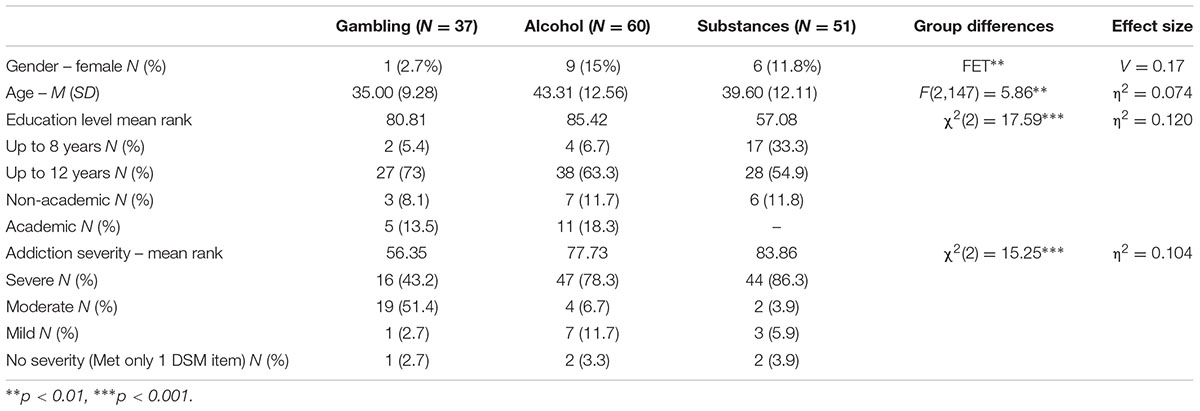Stigma Gambling Problems
Summary
- Stigma Gambling Problems Involving
- Stigma Gambling Problems Social
- Stigma Gambling Problems Solving
- Stigma Gambling Problems Children
The foundation commissioned this research to determine the nature of problem gambling stigma, including perceptions of its intensity, how it is created and maintained, and who it affects and how.
This stigma is created and maintained by a lack of public understanding about problem gambling and its causes, and internalization of self-stigmatizing beliefs, leading to delayed help-seeking, anxiety about attending treatment, concerns about counsellor attitudes, and fear of relapse. Minimal research has investigated the stigma associated with problem gambling, despite its major hindrance to help-seeking and recovery. This study explored perceived stigma and self-stigma to examine stigmatizing beliefs held, how they may be internalized, coping mechanisms, and effects on help-seeking.
The study examined stigma from two perspectives: from the point of view of people with gambling problems (self-stigma), and from the point of view of others (public stigma).
The researchers from the Centre for Gambling Education and Research, Southern Cross University, also considered how stigma may impede treatment and interventions among first-time and relapsed help-seekers, and how it may influence recovery from problem gambling.
How was the research conducted?

The researchers collected insights into gambling-related stigma via quantitative surveys of:
- the Victorian adult population (2000 participants)
- people with gambling problems (203 participants).
The researchers used the survey results to compare levels of perceived stigma for five conditions:
Stigma Gambling Problems Involving
- problem gambling
- alcohol use disorder
- schizophrenia
- sub-clinical (general) gambling
- sub-clinical distress.
There were differences in perception of stigma for these conditions between the general population and recent problem gamblers.
Qualitative, in-depth interviews with 44 recent problem gamblers and nine counsellors added depth to the survey findings. They also explored attempts at help-seeking, self-exclusion and the effects of stigma on relapse and recovery.
Limitation
The two surveys were online, which restricted respondents to those with online access.
What were key findings of the research?

The key findings of the research include:

Perceptions of problem gambling
- The majority of Victorians believe problem gambling is a noticeable and disruptive condition caused by stressful life circumstances, although one that is recoverable. However, many also assign blame for the problem to the individual affected, seeing them as impulsive, irresponsible, greedy, irrational, anti-social, untrustworthy, unproductive and foolish.
- A vast majority (95.6 per cent) believe problem gambling is an addiction, while half (51.6 per cent) believe it is diagnosable. One in three (34.4 per cent) believe problem gambling is a mental health condition.
- Although willing to socialise with people with gambling problems in incidental ways, Victorians are reluctant to form more enduring or personal relationships with them. Public devaluation and discrimination against them in employment is also evident.
- Less than 25 per cent of Victorians think people with gambling problems are likely to be violent towards others but just over 40 per cent think they are likely to be harmful to themselves.
Over 95 per cent of Victorians believe problem gambling is an addiction.
Nature and intensity of stigma
- The most common self-stigmatising beliefs held by people with gambling problems include feeling disappointed in themselves, ashamed, embarrassed, guilty, stupid, weak and a failure.
- Victorians are generally more likely to pity a person with a gambling problem than they are to feel anger or fear. However, a minority reported feeling annoyed, apprehensive, angry or uncomfortable.
- The stigma attached to problem gambling by the Victorian community is higher than for sub-clinical distress or gambling in general, but lower than for alcohol use disorder or schizophrenia.
Perception and experience of stigma
- Recent problem gamblers believed their condition to be more publicly stigmatised than alcoholism, obesity, schizophrenia, depression, cancer, bankruptcy and recreational gambling, but not more so than drug addiction. They also perceived greater stigma from others than was actually the case.
- Most recent problem gamblers perceived being negatively judged by others because of their gambling, although direct experiences of demeaning and discriminatory behaviours were rare, possibly due to many being reluctant to disclose their gambling problem. Expectations and fear of being devalued and discriminated against were strong deterrents to problem gambling disclosure and helpseeking.
Recent problem gamblers perceived greater stigma from others than was actually the case.
Stigma as an impediment to treatment and interventions
- Used by over 80 per cent of respondents, secrecy was the main mechanism used to cope with stigma, meaning family and friends are typically unaware of someone’s gambling problem. This secrecy is grounded in fear of rejection and being stereotyped, judged and discriminated against.
- Fear of disclosing a gambling problem means self-help is the most common form of help used, followed by support from family and friends. Shame and fear of being exposed as a problem gambler are the major deterrents to self-exclusion from gambling venues due to photos being visible to staff. By comparison, online self-exclusion is considered less likely to result in shame.
- Episodes of relapse were reported to worsen self-stigma, eliciting feelings of shame and self-loathing. Survey respondents who had relapsed had significantly higher levels of self-stigma compared to those who had not relapsed.
Fear of disclosing a gambling problem means self-help is the most common form of help used.
How this research might be useful
This research provides an account of how the Victorian community views people with gambling problems, and how stigma can play out, with some people preferring a degree of social distance from those with gambling problems.
Stigma Gambling Problems Social
The study highlights some misconceptions held by the community about problem gambling. While many recognise it as an addiction, fewer see it as a mental health condition. Further, most believe it is a recoverable condition, despite it being common for people with gambling problems to experience relapse. Community education specifically challenging the misconceptions that feed stigma could be beneficial.
Stigma Gambling Problems Solving
On the flipside, given people with gambling problems overestimate the amount of stigma they face, providing them with a more realistic view of the sympathy they can expect would be helpful.
Stigma is seen by both gamblers and counsellors as a significant barrier to the uptake of help services, suggesting a need for further research to develop ways to reduce perceived and self-stigma among people with gambling problems. Likewise, minimising stigma is important for improving uptake of self-exclusion programs.
Citation
Stigma Gambling Problems Children
Hing, N, Russell, A, Nuske, E & Gainsbury, S 2015, The stigma of problem gambling: Causes, characteristics and consequences, Victorian Responsible Gambling Foundation, Melbourne.